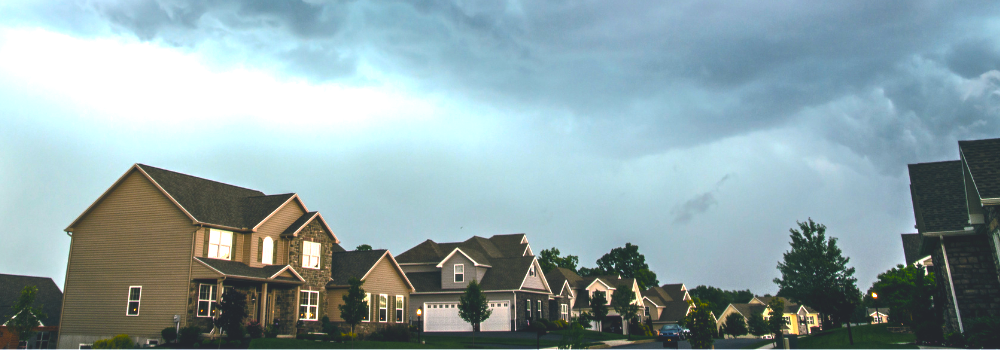
Violent tornadoes, destructive wildfires, widespread flooding, and other extreme weather events have devastating impacts across the United States. The Natural Hazards Center—with support from the National Oceanic and Atmospheric Administration and the National Science Foundation—issued a series of funding calls for social, behavioral, and economic sciences to advance the understanding of how to most effectively prepare for and communicate about extreme weather, water, and climate events.
The program’s seventh call—Moving Weather Ready Research Findings and Data Into Operations— invited previously funded scholars to extend and translate their research findings, published data, or instruments into new tools, technologies, or trainings to build connections with meteorologists, emergency managers, and the public. Please see below to learn more about the four projects awarded through this call.
Expanding Emergency Planning and Response to Integrate Evacuation of At-Risk Populations
Tara Goddard, Texas A&M University
There remain major gaps in evacuation planning and response that is inclusive of at-risk populations, e.g., older adults, people with disabilities, households without cars, and people experiencing homelessness. Agencies and organizations which typically provide transportation for these groups—particularly transit providers and transportation agencies—still need inclusion in emergency preparedness and evacuation planning and response. This project will bring together representatives from relevant agencies and local organizations to identify ongoing barriers, develop actionable goals, and determine one or more next steps to disseminate lessons learned and specific policies and protocols.
Social-Wildfire Vulnerability Affecting Spanish-Speaking Populations in the Texas Wildland Urban Interface
Rodolfo Hernandez, Howard University
Zyanya Ramirez, Texas Tech University
Marcela Ortiz Cardona, Texas Tech University
Javier Morales Riech, Texas Tech University
Pablo Sanchez, Telemundo Houston
Meghan Marhurin, Texas A&M Forest Service
This project will translate research on wildfire vulnerability in Spanish-speaking Texas into actionable preparedness tools. Building on prior research awards, the project leverages survey data to develop culturally relevant, bilingual communication products to address knowledge gaps. Responding to Texas' increasing wildfire risk and Hispanic/Latino vulnerability, the project will empower these communities to prepare. Diverse communication products like social media campaigns, infographics, and videos will be co-produced with the Texas A&M Forest Service and Telemundo Houston. A three-phase approach—planning, product development, and dissemination—will culminate in impactful resources to enhance preparedness and foster resilient communities.
Disaster Preparedness Education by Immersion
Amy Hyman, Arkansas State University
Joseph Richmond, Arkansas State University
This project will provide an immersive experience to freshman students on local hazards, their risks, the protective actions to take, local disaster resources, and personal preparedness tips. The educational session will be taught in Arkansas State University First Year Experience courses in the fall 2025 semester. The purpose of this project is to increase students' risk perception and protective action decisions during future potential events, regardless of their home origin. An educational session involving community partners will be developed to present to students. Students will have the opportunity to participate in a virtual reality tornado simulation.
Building a Community Science Tool for Inland Flooding in Vermont
Sarah Kelly, Dartmouth College
Charis Boke, Dartmouth College
Aletha Spang, Dartmouth College
This project will build an open-source phone application that engages a growing number of regional partners (community organizations, towns, regional planning groups, and emergency management) on stormwater management and response to flooding hazards. Creating this application represents a novel way to assist in knowledge transfer between residents and local to state governments through community science information collection about flood extent, current conditions, and other local data points observed on the ground. This proposal serves to close the gap between local knowledge of hazard risks and stormwater management with regional efforts for monitoring and responding to weather-related hazards like flooding.